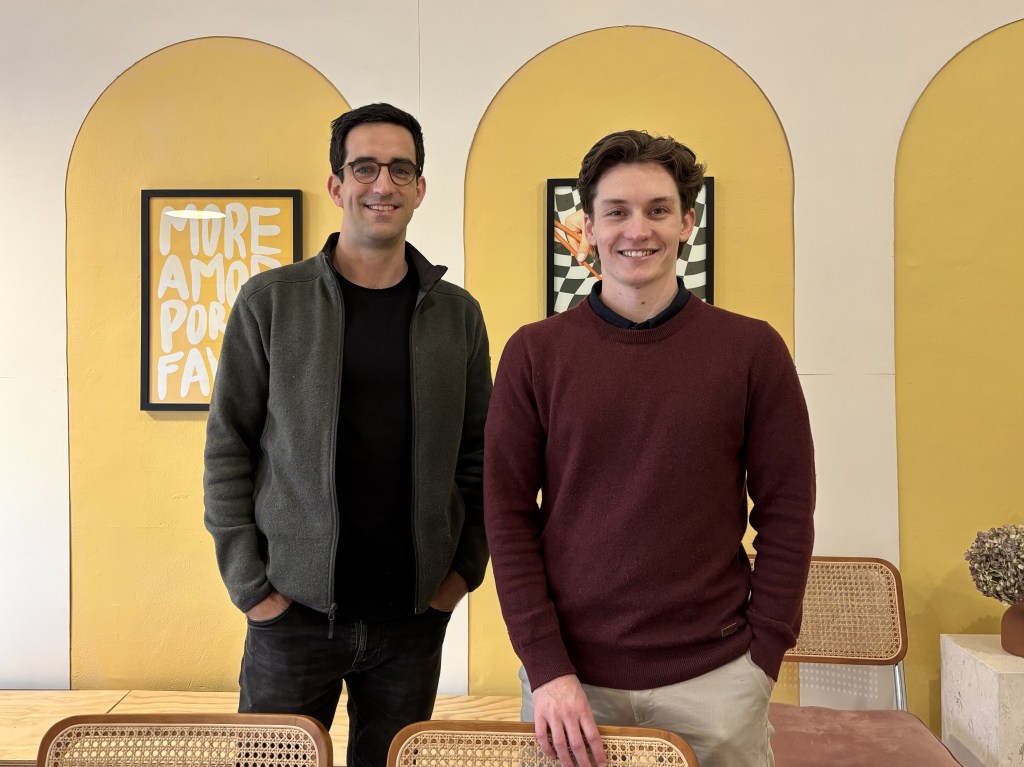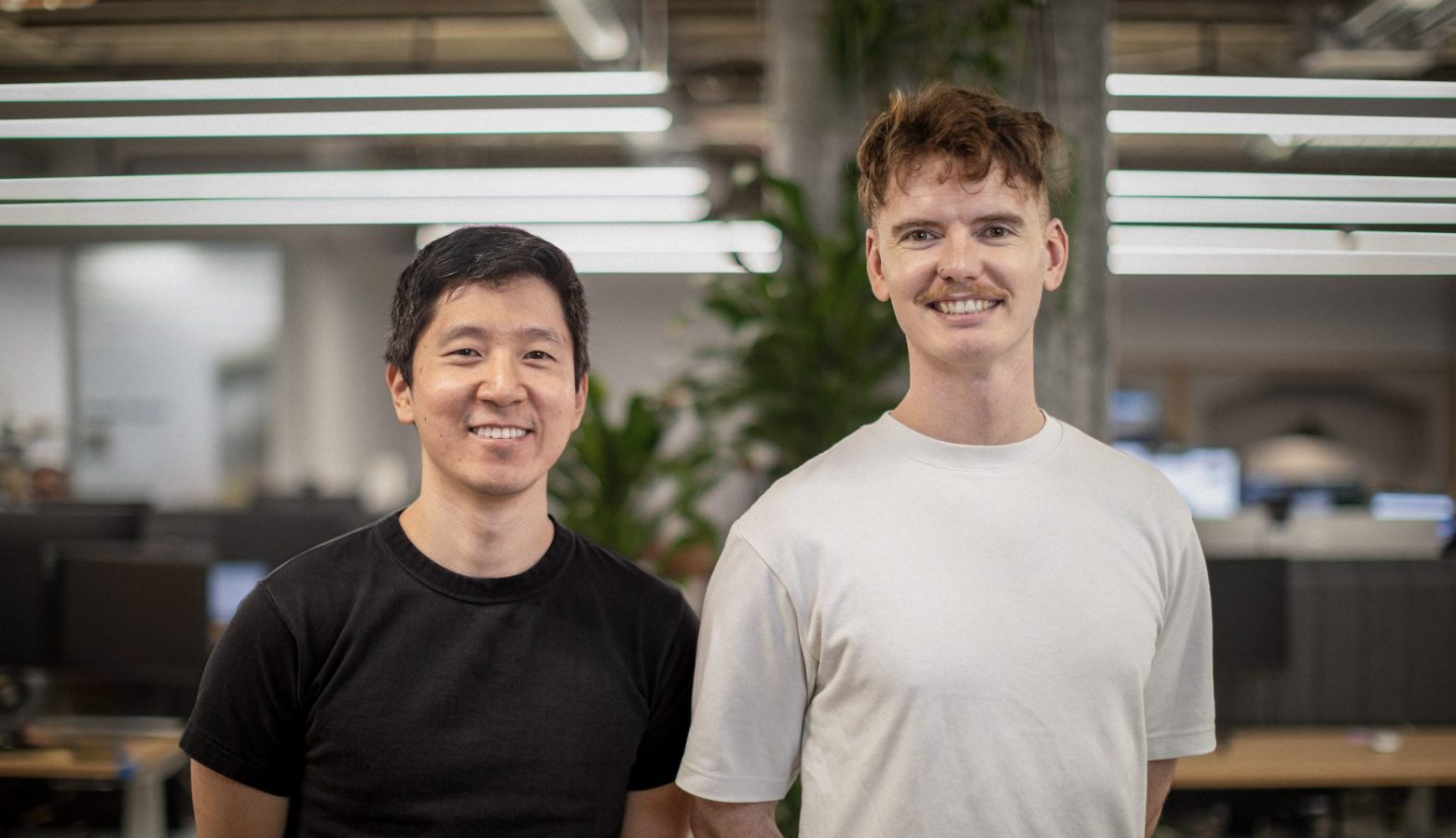Founder-turned-psychologist Byron McCaughey is reframing how Australia’s entrepreneurs think about success with Sublime Studio, a membership for mental fitness.

After years in the startup trenches as a fintech founder in London, Byron McCaughey realised the biggest variable in his business wasn’t market timing or product–market fit, it was his own mind.
“Motivation, decision-making, creativity, focus, co-founder dynamics – everything was influenced by my psychological wellbeing,” McCaughey says. “And of course, when your mental game slips, so does business performance.”
That insight, which he says he learned the hard way after his first venture folded, is what inspired Sublime Studio, a Melbourne-based startup aiming to rewire how founders approach mental wellbeing. Described as “a gym membership for your mind,” it offers structured psychological training for entrepreneurs, designed to help them build resilience, focus and clarity before burnout hits.
The government estimates that Australia’s mental health crisis costs the economy up to $220 billion each year, and McCaughey says entrepreneurs are most vulnerable. But that’s backed by stats – according to Founder Reports, 88% of entrepreneurs report experiencing mental health challenges. McCaughey, who retrained as a psychologist after the collapse of his startup, puts it down to a systemic blind spot in how Australia’s innovation ecosystem defines success.
“There’s no single cause of burnout,” he says. “But I see a clear pattern in my work: founders who take a proactive approach to their mental wellbeing are far less likely to reach breaking point than those who take a ‘I’ll fix it when it’s broken’ approach.”
And so became the genesis of Sublime Studio, which officially launched in October 2025. It has 10 founding members – largely growth-stage entrepreneurs across AI, AgriTech, deep tech and professional services – and delivers psychological performance programs for partners including Main Sequence Ventures, LaunchVic, the Melbourne Accelerator Program (MAP), Innovation Bay and AusAgriTech. It’s still early days, but the goal is ambitious: to make “psychological capital” as core to a company’s balance sheet as financial capital.
Related
Sublime’s model combines evidence-based psychology with founder-specific coaching, an approach McCaughey wishes he had access to back in his founder days.
“Therapy felt too clinical, and business coaching too surface-level. There was nothing that spoke the language of founders – someone who understood both the psychology and the pressure of growth… It’s less about fixing and more about enhancement. Mental health challenges don’t mean we’re broken – they mean we’re human. And in entrepreneurial life, they’re inevitable.”
A typical Sublime member has weekly one-on-one psychological coaching sessions, continuous chat access to their psychologist, and a digital dashboard tracking their progress across what McCaughey calls the “HERO” model: Hope, Efficacy, Resilience and Optimism. Members then can track their ‘psychological capital’ the same way an athlete tracks their physical performance.
The startup’s early research measured the psychological capital profiles of 60 Australian entrepreneurs, with interesting results. Self-efficacy (confidence in one’s ability to meet challenges) scored highest at 12 out of 15. Resilience, surprisingly, scored lowest, averaging 11 out of 15. “That was unexpected, given how much founders have to handle on a daily basis,” McCaughey says. “It suggests that while they’re absorbing pressure, many don’t always feel they have the foundation to recover from it.”
He points to the strong link between hope and resilience (r = 0.64), meaning those who set clear goals and believe in their ability to find a way forward tend to bounce back faster. “The good news,” he says, “is that these pillars can all be developed through deliberate training and practice – and the payoff is a better you and a better business.”
“You wouldn’t build a business on an unfit financial model, so why build one on an unfit mind?”
Byron McCaughey, founder of Sublime Studios
Sublime tracks its outcomes across three levels: individual performance (clarity, recovery speed, focus), team impact (communication and culture), and business outcomes (decision quality, investor engagement, progress toward goals). “Sometimes the best metric is simple,” he says. “A founder telling us, ‘The techniques you’ve shown me have resonated and are far more effective than anything I’ve tried before.’”
Sublime, which currently has two staff, McCaughey as founder and psychologist and Craig Hyde-Smith as head of member experience and psychologist, operates on a tiered membership model, ranging from $600 to $1,000 per month depending on the level of engagement. The studio itself is designed to feel energising and aspirational rather than clinical – “a place founders want to visit,” McCaughey says. Early revenue is being reinvested to refine the experience, with plans to grow the member base steadily and hire more psychologists who understand both clinical practice and startup realities.
“We’re projecting steady month-on-month growth as awareness builds through partnerships with accelerators, investors and founder communities,” McCaughey says. “The goal isn’t just to scale, but to grow sustainably, ensuring every new member gets the same depth of care and personalisation that defines Sublime.”
He sees the cultural shift already beginning: “I used to hear from founders, ‘If I admit I’m struggling, investors will lose confidence.’ Now, more investors are actively supporting founders through community, workshops and psychological coaching,” he says. “It’s a real sign of maturity in the ecosystem.”
In the next 12 months, McCaughey plans to launch a digital AI companion to support founders between sessions and expand Sublime’s reach through VC and accelerator partnerships. The mission remains to make mental fitness a core business investment rather than a reactive fix.
“You wouldn’t build a business on an unfit financial model,” he says. “So why build one on an unfit mind?”
Look back on the week that was with hand-picked articles from Australia and around the world. Sign up to the Forbes Australia newsletter here or become a member here.



